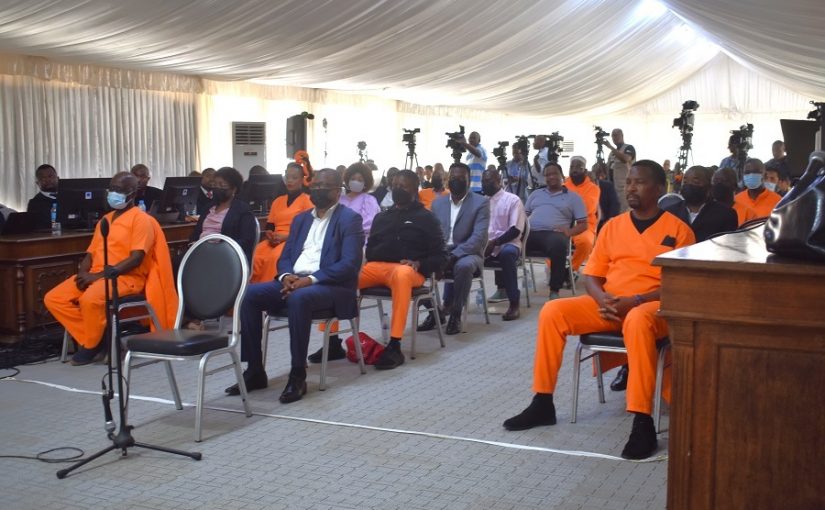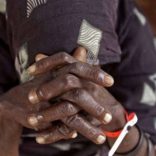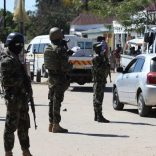Traffic accidents killed 35 people in southern Mozambique on Monday - Watch
Mozambique: Ex-president’s son, two others ordered to pay $2.8B to state

Photo: Notícias
The judge in Mozambique’s ‘hidden debts’ case on Wednesday sentenced the eldest son of former president Armando Guebuza and two other defendants to pay compensation of a further $2.8 billion (€2.6 billion), as well as handing down prison sentences.
Baptista ordered Ndambi Guebuza and the former director-general of the Information and State Security Services (SISE), Gregório Leão, and the director of economic intelligence, António Carlos do Rosário, to pay that amount “jointly and severally” to the state. The three had already been in the group with heaviest prison sentences in the list read out moments before by the judge, with 12-year jail terms for each.
This was followed by the reading of the decision on the civil claim made by public prosecutors, with the judge announcing the amount of compensation.
The amount demanded from the three defendants is equivalent to the $2.7 billion plus interest that the court assumed corresponded to the bribes the defendants received and to the financial damage suffered by the state, with the contracting of the hidden debts from Credit Suisse and VTB of Russia, with sovereign guarantees issued for around that amount.
The judge explained that the request for compensation was justified given that the defendants’ conduct caused losses to the state, leading to “indebtedness and the blocking of aid from international partners to a poor country with needy citizens,” as a result of the hidden debts. Ndambi Guebuza, Gregório Leão and Gregório Leão are among the 11 defendants sentenced on Wednesday to prison terms for their involvement in the scandal.
The judge ordered that eight of the defendants sentenced to prison return the value of the bribes they received, thus exempting them from paying compensation for damages incurred by the state. The seventh day of the sentence reading observed a lunch break, with proceedings to continue in the afternoon with the reading of the decision on the request of public prosecutors to seize the defendants’ assets.












Leave a Reply
Be the First to Comment!
You must be logged in to post a comment.
You must be logged in to post a comment.